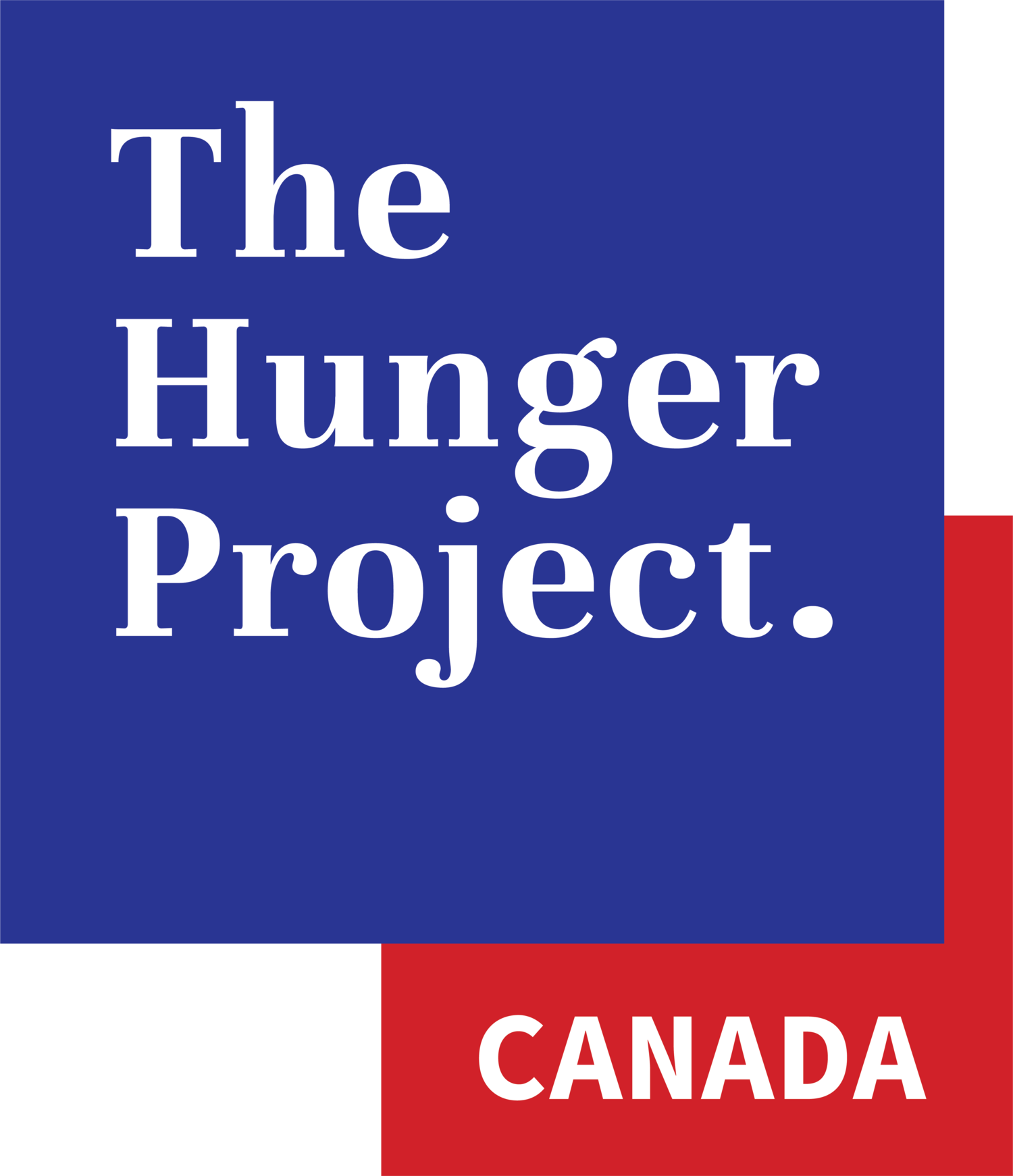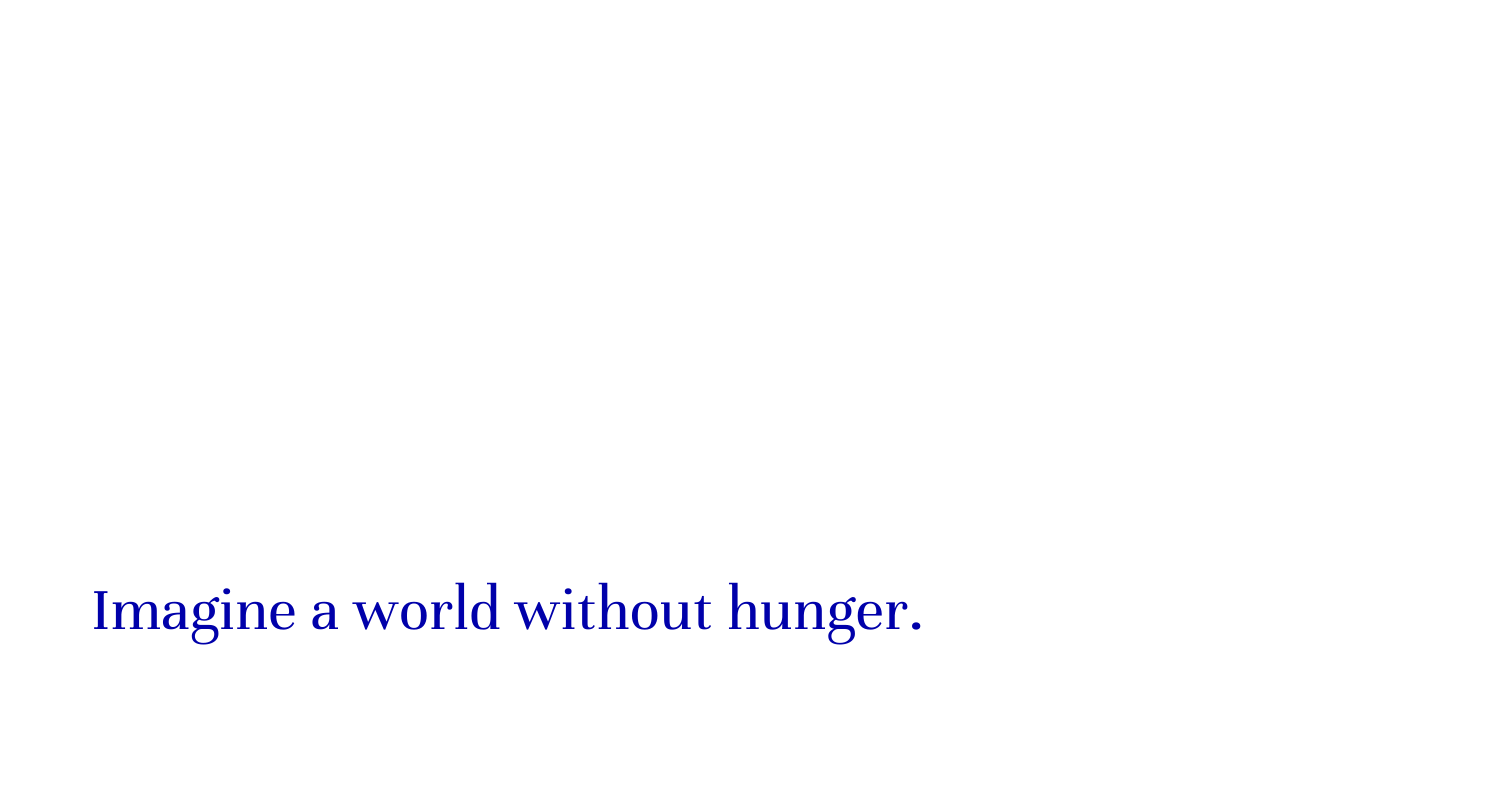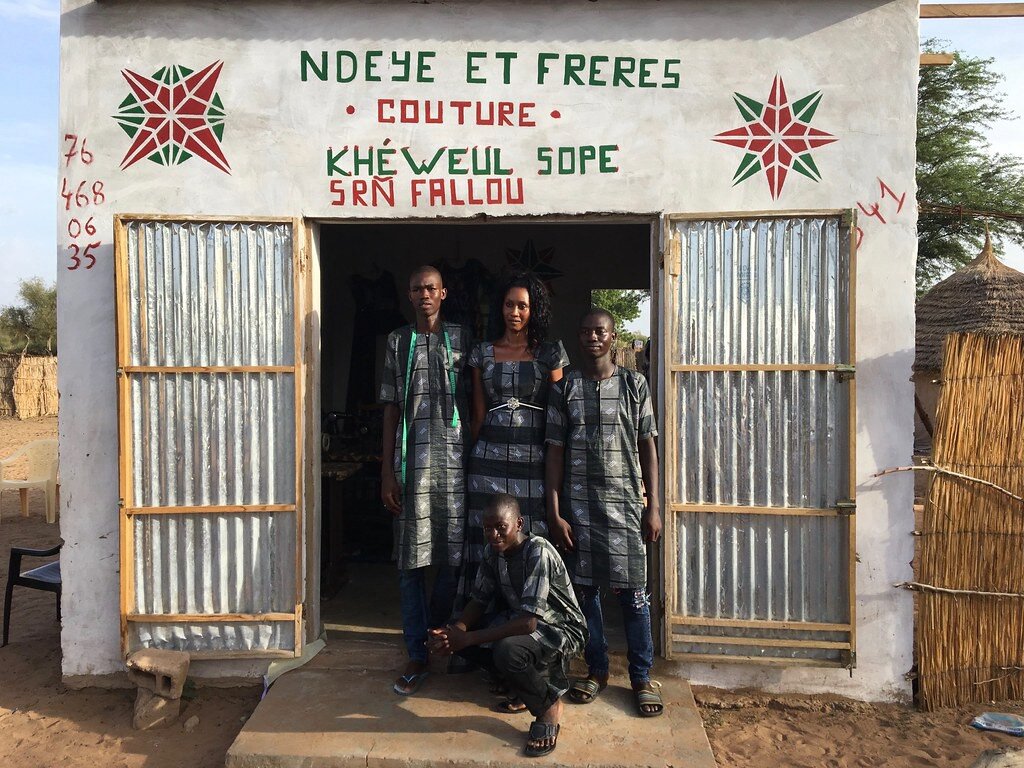Is world hunger solvable?
Yes, it is possible to end world hunger. World hunger is actually an issue of great variety and complexity, which intersects many aspects of life including poverty and income inequality, gender equity, climate change / climate action, health, nutrition, water and sanitation, local democracy, empowered girls, education, self-reliance, social cohesion.
What are the steps to end world hunger?
Our approach is to…
+ 1. Start with women.
Women are key change agents and are an essential part of achieving the end of hunger and poverty. Around the world our programs aim to support women and build their capacity.
Studies show that when women are supported and empowered, all of society benefits. Their families are healthier, more children go to school, agricultural productivity improves and incomes increase. In short, communities become more resilient.
+ 2. Mobilize communities.
People know their experiences and capabilities better than we ever could. We are a founding partner and Secretariat of The Movement of Community Led Development. We train men and women, equipping them with the skills, strategies, and knowledge to take self-reliant action against hunger and poverty.
Our community-led approach, or bottom-up approach, builds the capacity of communities as a system. We ask members of the communities where we work to lead the way.
+ 3. Engage local government.
The Hunger Project works in partnership with local governments to ensure that they are effective, include the leadership of women, act accountable to local people, and provide access to resources.
In this case, we work from the top down. We lobby for state and national law changes to #ShiftThePower.
We work in partnership with 22 countries around the world to end hunger.
Program Countries.
These are countries in which The Hunger Project has established programming with local communities. Return to this website to donate and get a tax receipt in Canada.
Africa.
Our work in Africa is based on a holistic development model, the Epicenter Strategy.
South Asia.
Our work in South Asia focuses on enhancing the capacity of local leaders, particular around feminist actions including ending dowries and child marriage, and empowering women to run for election.
Latin America.
In Latin America, our programs work with marginalized indigenous communities. Our programs are built in partnership with these communities to facilitate positive relationships with local government.
Peru
Partner Countries.
These are the organizations that support the actions and programming in program countries with the help of committed investors. Return to this website to donate and get a tax receipt in Canada.
What is the Epicenter Strategy?
The Hunger Project’s Epicenter Strategy is an integrated approach that was created in Africa, by Africans, and over the past 20 years has mobilized 122 epicenter communities, reaching 1.6 million people, across nine countries in Africa. Now we’re passing on our learning to other organizations who aim to build sustainable self-reliance with a gender-focused, community-led model.
Within five to eight years, epicenters require minimal or no financial support from The Hunger Project. The Epicenter Strategy is a proven model of self-reliance. Learn more.
54 Epicenters
have declared self-reliance.*
896,000+
people currently live in those 54 self-reliant epicenter communities in Africa.*
Over 50%
of self-reliant epicenters have eliminated severe hunger entirely and reduced overall hunger to just 3%.*
*As of December 2020









